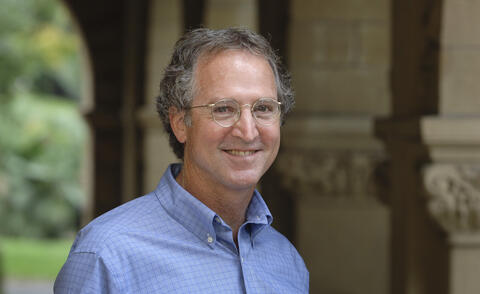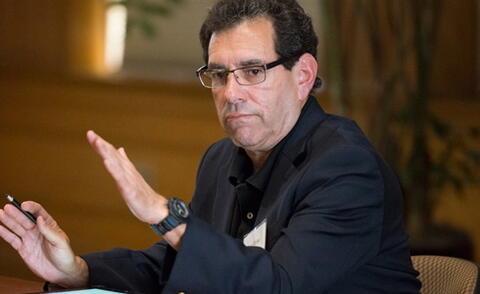FSI/CISAC Biosecurity and Global Health


Developing biosecurity strategies in a changing world
Biological threats include naturally emerging infectious diseases, unintended consequences of advances in science and technology, and the deliberate misuse of biology and their associated technologies. Key social, political and environmental factors affect these risks and our ability to reduce them. Our research seeks to understand and solve these challenges, while promoting the beneficial uses of science that protect societies.
At the Center for International Security and Cooperation (CISAC), we are focused on analyzing the advances in science and technology that are changing the international security landscape. Much is happening now, as rapid advances in the biological sciences and technology continue to expand our insights and tools to better confront these threats.
These advances offer both benefits and risks. For example, while access to new technologies may enable the engineering of new biological threats, they may also generate new countermeasures to manage disease outbreaks. At the same time, the misuse of these technologies could have devastating impacts on large numbers of people and ecosystems.
As a result, a growing need exists to understand, anticipate and reduce such biological threats. Our CISAC faculty, partners and students are working to illuminate problems and identify practical solutions in biosecurity and global health. Topics of interest include:
Understanding the trends, sources and nature of the risks in life sciences research and development;
Creating risk-reducing strategies for researchers and practitioners;
Establishing norms and practices in the life sciences communities;
Developing and testing governance models and approaches across different settings.
CISAC is a core partner in the new Biosecurity Initiative at the Freeman Spogli Institute for International Studies (website forthcoming). This initiative will focus work in biosecurity at Stanford, deepening connections among diverse experts and disciplines, including biology, engineering, medicine, law and the social sciences. Our ultimate goal is to protect humanity while advancing the science of biology and global health in positive, constructive ways.
David A. Relman
Mildred Cho
Drew Endy
Francis Fukuyama
Henry T. Greely
Herb Lin
Douglas K. Owens
Tim Stearns
Lawrence M. Wein
Paul H. Wise













